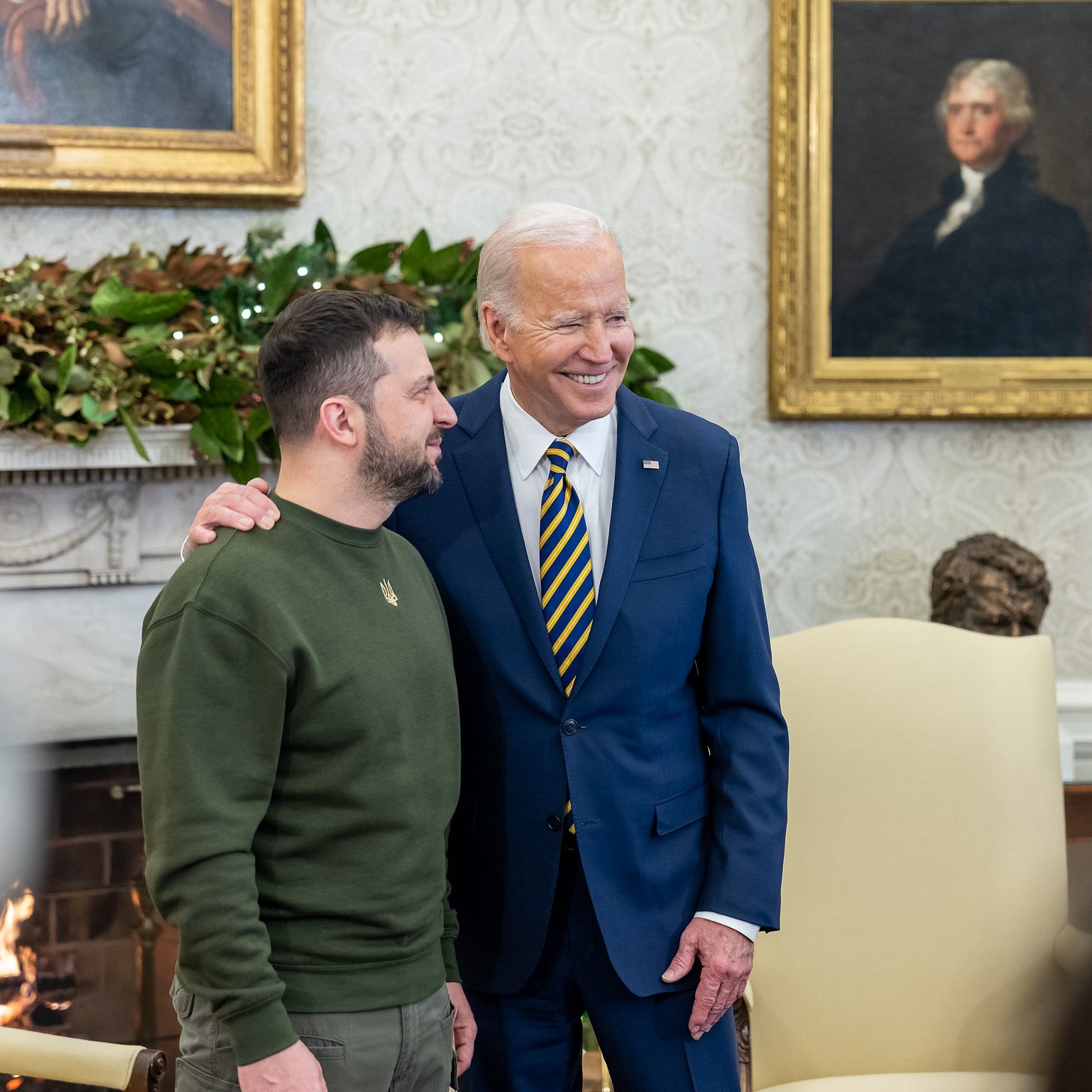The Russia-Ukraine War After Year One
Fast Moving Events Require Determined, Disciplined US Response.
The beginning of every war is like opening the door into a dark room. One never knows what is hidden in the darkness.
—Adolf Hitler
Like a mighty river, the onrushing course of history may be altered in an instant. Accepted understandings of the world may be rendered irrelevant if not altogether misleading.
Consider the invasion of Ukraine by the Russian F…
Keep reading with a 7-day free trial
Subscribe to The New Nationalist to keep reading this post and get 7 days of free access to the full post archives.





